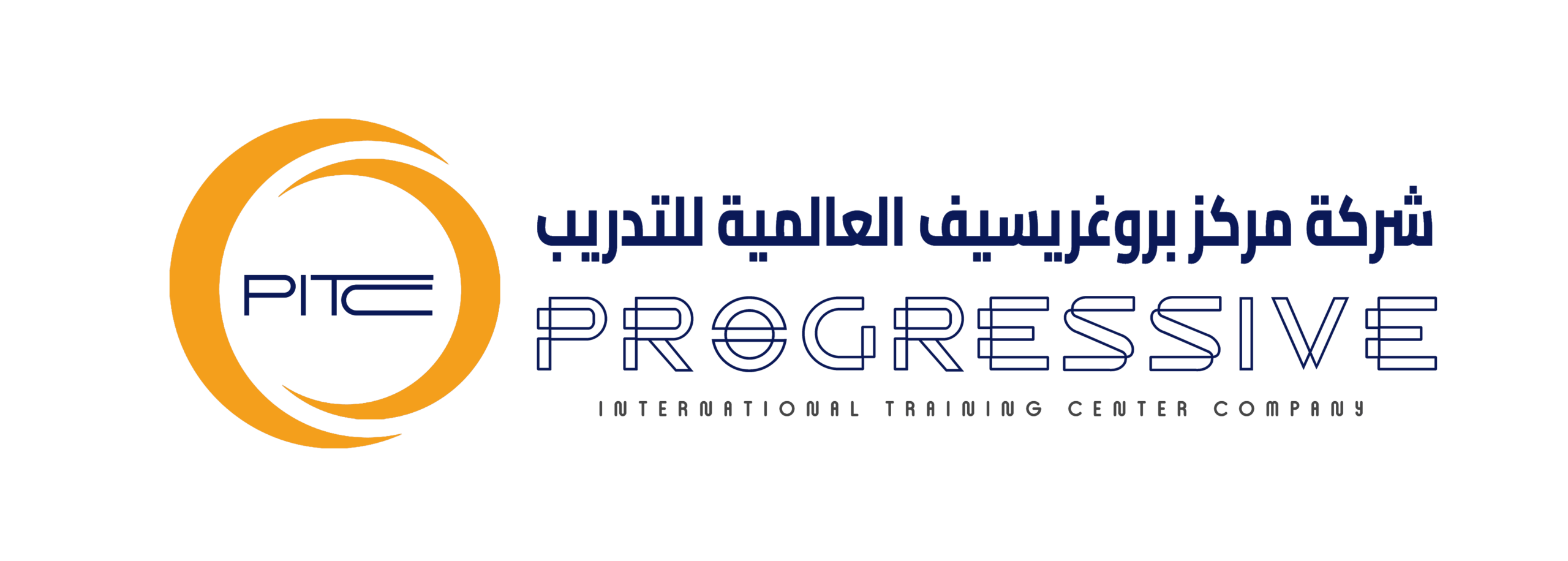+966 13 346 2511, +966 50 123 4193
What is Third-Party Safety Courses
Third-Party Safety Courses In today’s industrial landscape, where complex operations and advanced technologies are the norm, workplace safety has never been more critical. Organizations across various sectors, from construction and manufacturing to oil and gas, recognize that a safe work environment is not just a moral imperative but also a key driver of productivity, efficiency, and long-term success. This heightened awareness has fueled the demand for specialized safety training programs, often delivered by third-party providers.
Third-party safety courses play a pivotal role in equipping individuals and organizations with the knowledge and skills necessary to identify, mitigate, and prevent workplace hazards. These programs go beyond basic safety orientations, offering in-depth instruction on specific safety procedures, regulations, and best practices. By partnering with reputable third-party training providers, companies can ensure that their employees receive the highest quality safety education, delivered by experienced professionals with expertise in their respective fields.
This blog post will explore the importance of third-party safety courses, the benefits they offer, and what to look for in a quality training provider. We will also highlight Progressive International Training Center (PITC KSA), a leading provider of safety training in Saudi Arabia, with a strong presence in Jubail, Al Danna Building which is 10 minutes away from Jubail City Center known for its comprehensive curriculum, industry-recognized certifications, and commitment to excellence.
What are the Importance of Third-Party Safety Courses
Workplace safety is a multifaceted issue that requires a comprehensive approach. While organizations can implement internal safety programs, third-party safety courses offer several distinct advantages:
Specialized Expertise: Third-party training providers specialize in safety education. They employ instructors with extensive knowledge and experience in specific safety disciplines, such as occupational safety, health, and environmental protection. This specialized expertise ensures that participants receive accurate, up-to-date information and practical guidance.
Industry-Specific Knowledge: Reputable third-party providers offer courses tailored to specific industries, such as construction, oil and gas, manufacturing, and healthcare. These industry-specific programs address the unique hazards and challenges faced by workers in those sectors, providing relevant and practical training.
Compliance with Regulations: Safety regulations are constantly evolving, and organizations must stay abreast of the latest requirements to ensure compliance. Third-party training providers are well-versed in these regulations and can help companies meet their legal obligations by offering courses that align with industry standards, such as those set by OSHA (Occupational Safety and Health Administration).
Objective Assessment: Third-party training providers offer an objective assessment of participants’ knowledge and skills. This assessment can help organizations identify areas where employees may need additional training or support, ensuring that all workers meet the required competency levels.
Credibility and Recognition: Certifications from reputable third-party training providers are often recognized and respected by industry stakeholders, including employers, regulatory agencies, and insurance companies. These certifications can enhance an individual’s career prospects and demonstrate an organization’s commitment to safety.
Benefits list of Third-Party Safety Courses
Investing in third-party safety courses offers a wide range of benefits for both individuals and organizations:
Reduced Workplace Accidents and Injuries: The most obvious benefit of safety training is a reduction in workplace accidents and injuries. By equipping employees with the knowledge and skills to identify and mitigate hazards, organizations can create a safer work environment and protect their most valuable asset: their people.
Improved Employee Morale and Productivity: When employees feel safe and protected at work, their morale and productivity improve. They are more likely to be engaged in their work and less likely to be distracted by safety concerns.
Lower Costs: Workplace accidents and injuries can result in significant direct and indirect costs for organizations, including medical expenses, workers’ compensation claims, lost productivity, and legal fees. By preventing these incidents through effective safety training, companies can save substantial amounts of money in the long run.
Enhanced Reputation: Organizations with a strong safety record enjoy a positive reputation among customers, suppliers, and the community. This enhanced reputation can lead to increased business opportunities and a competitive advantage.
Legal Compliance: As mentioned earlier, third-party safety courses can help organizations meet their legal obligations and avoid costly fines and penalties for non-compliance with safety regulations.

Key Considerations When Choosing a Third-Party Safety Courses Provider
Selecting the right third-party safety courses provider is crucial for ensuring that your organization’s workforce is well-trained and compliant with industry safety standards. To make an informed decision, consider the following essential elements:
1. Accreditation and Recognition
Ensure that the third-party safety courses provider is accredited by relevant regulatory bodies such as OSHA, NEBOSH, or other industry-specific organizations. Recognized certifications from reputable providers add credibility and ensure your team receives high-quality training aligned with national and international safety standards.
2. Experienced Instructors
The quality of third-party safety courses largely depends on the instructors. Choose providers whose trainers have extensive practical experience and deep industry knowledge. Skilled instructors can deliver engaging, interactive, and effective training that caters to diverse learning styles and addresses real-world safety challenges.
3. Comprehensive Curriculum
A reputable third-party safety courses provider offers a broad and detailed curriculum covering fundamental safety topics, including hazard identification, risk assessment, emergency response, and industry-specific safety protocols. The curriculum should be adaptable to meet the unique needs of different industries and roles.
4. Practical and Hands-On Training
Effective safety training goes beyond theoretical knowledge. The best third-party safety courses include practical, hands-on sessions that allow participants to practice safety procedures in realistic scenarios, ensuring they can apply what they learn on the job confidently.
5. Customized Training Solutions
Every organization has unique safety hazards and workflows. Choose a third-party safety courses provider that offers tailored training programs, customizing content to address your specific hazards, work environment, and operational processes.
6. Ongoing Support and Resources
A reliable third-party safety courses provider offers continuous support, including refresher courses, updates on evolving safety regulations, and access to safety resources, tools, and expert advice to maintain a high safety standard within your organization.
Progressive International Training Center (PITC KSA): A Premier Choice for Third-Party Safety Courses
Progressive International Training Center (PITC KSA) has established itself as a premier provider of third-party safety courses in Saudi Arabia. With a strong commitment to high standards in Health, Safety, and Environment (HSE) protection, PITC KSA offers a comprehensive range of accredited training programs designed to enhance the safety competencies of both individuals and organizations.
Located in Jubail, and a short 10-minute drive from Jubail City Center, PITC KSA is easily accessible to individuals and companies seeking quality safety training in the region.
TVTC Approval and OSHA Training Standards
PITC KSA operates under the supervision and with the approval of the Technical and Vocational Training Corporation (TVTC), the government body responsible for regulating vocational training in Saudi Arabia. This approval ensures that PITC KSA’s programs meet the highest quality standards and comply with local regulations.
In addition to TVTC accreditation, PITC KSA’s courses are prepared based on OSHA training standards. OSHA is a leading authority on workplace safety, and its standards are recognized and respected worldwide. By adhering to OSHA guidelines, PITC KSA ensures that its training programs are aligned with global best practices and provide participants with the knowledge and skills necessary to work safely in any environment.
Comprehensive Range of Accredited Training Programs
PITC KSA offers a wide range of accredited training programs, catering to various industries and job roles. Their curriculum covers critical areas such as:
- Basic Life Support (BLS): BLS training equips participants with the skills to recognize and respond to life-threatening emergencies, such as cardiac arrest and choking. This training is essential for anyone who may be in a position to provide first aid, including healthcare professionals, first responders, and workplace safety personnel.
- Lockout/Tagout (LOTO): As discussed in detail earlier, LOTO is a critical safety procedure for preventing the unexpected startup of machinery or the release of hazardous energy during maintenance or servicing. PITC KSA’s LOTO training provides participants with the knowledge and skills to implement and comply with LOTO procedures, protecting themselves and their colleagues from serious injury.
- Work at Height Safety: Working at height poses significant risks, including falls, which are a leading cause of workplace fatalities. PITC KSA’s Work at Height safety training equips participants with the knowledge and skills to work safely at elevated locations, including the proper use of fall protection equipment, hazard identification, and rescue procedures.
- Other Key Courses: In addition to BLS, LOTO, and Work at Height safety, PITC KSA offers a variety of other essential safety courses, including:
- H2S and SCBA Awareness
- Basic Scaffolding Safety, Erection and Dismantling, and Supervisor
- Basic and Advanced Fire Fighting
- First Aid, AED
- Hazard Recognition
- Confined Space Entry and Rescue, and Supervisor
- Rigging and Lifting
- Hazard Material Handling (HAZMAT) and Communication (HAZCOM)
- Authorized Gas Tester (AGT)
- Forklift Safety and Operation
- Flag Man and Standby Man
- Emergency Response Team
- Defensive Driving
- Fire Warden and Watch
- Rigger Levels 2 and 3
- Work Permit Receiver and Issuer
- Electrical Hazard Recognition and Safety
- Construction Safety Manual (CSM) and Job Safety Analysis (JSA)
This extensive course catalog demonstrates PITC KSA’s commitment to providing comprehensive safety training that meets the diverse needs of its clients in Jubail and the wider Saudi Arabian industrial sector.
Experienced Instructors and State-of-the-Art Facilities
PITC KSA’s success is attributed to its team of highly qualified and experienced instructors. These instructors possess in-depth knowledge of safety regulations, industry best practices, and the specific challenges faced by workers in Saudi Arabia, including those in Jubail Industrial City. They are skilled at delivering engaging and interactive training that caters to different learning styles, ensuring that participants gain a thorough understanding of the subject matter.
In addition to its expert instructors, PITC KSA boasts state-of-the-art training facilities equipped with the latest technology and equipment. These facilities provide a safe and realistic learning environment where participants can practice their skills and gain hands-on experience. Located conveniently near Jubail City Center, these facilities are easily accessible.
Commitment to Client Satisfaction
PITC KSA is committed to providing its clients with the highest level of service and support. They work closely with organizations to understand their specific training needs and develop customized solutions that meet their unique requirements. PITC KSA also offers ongoing support, including refresher courses and updates on new regulations, to ensure that its clients remain compliant and up-to-date on the latest safety practices.
Conclusion: Investing in Safety for a Brighter Future in Jubail and Beyond
Third-party safety courses are an essential investment for organizations that prioritize the well-being of their employees and the success of their operations. By partnering with reputable training providers like PITC KSA, companies can ensure that their workers receive the highest quality safety education, equipping them with the knowledge and skills to prevent accidents, injuries, and fatalities.
PITC KSA’s commitment to excellence, TVTC approval, adherence to OSHA training standards, comprehensive curriculum, experienced instructors, and state-of-the-art facilities make it a premier choice for organizations seeking to enhance their safety competencies in Jubail and throughout Saudi Arabia. Located a short drive from Al Jubail City Center, PITC KSA is a convenient and effective solution for your safety training needs. By investing in PITC KSA’s third-party safety courses, companies can create a safer, more productive, and more sustainable future for their employees and their businesses.

info@pitcksa.com
Office No 202, 2nd Floor, Dana Building, King Faisal Street,
Al Jubail Saudi Arabia, 35514
